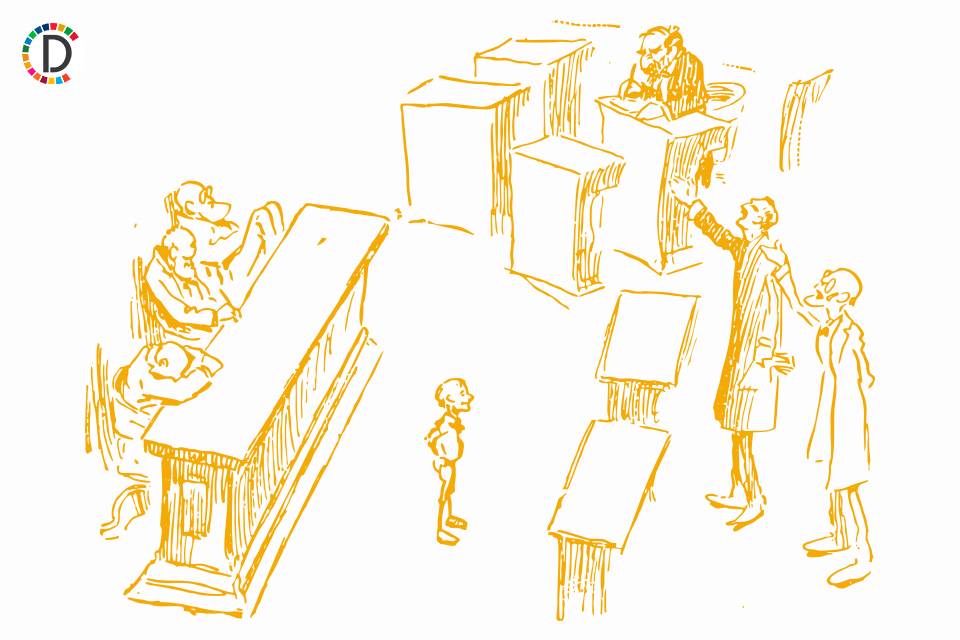Nepal's Political Powers Unite to Revive Peace Process
Nepal's three largest political parties agreed to complete the search committee overseeing the peace process addressing the decade-long civil conflict. Meeting at Prime Minister Oli's residence, leaders discussed forming the Truth and Reconciliation Commission and the Commission on Investigation of Disappeared People to ensure wartime justice.

- Country:
- Nepal
Nepal's three headline-grabbing political parties, the CPN (UML), Nepali Congress, and the CPN (Maoist Centre), have come together to rejuvenate the peace process. This development emerged from a crucial meeting at Baluwatar, helmed by Prime Minister K P Sharma Oli and attended by notable leaders like Sher Bahadur Deuba and Pushpa Kamal Dahal.
The peace process, an initiative born out of the 2006 Comprehensive Peace Agreement, is set to re-introduce mechanisms including the Truth and Reconciliation Commission and the Commission on Investigation of Disappeared People. These entities are tasked with addressing the brutal human rights violations witnessed during Nepal's insurgent-era.
The meeting underscored the necessity of finalizing a search committee to spearhead the TRC's establishment. This committee, in essence, forms the backbone of efforts to confront and reconcile the harrowing wartime narratives of torture, displacement, and disappearances.
(With inputs from agencies.)










